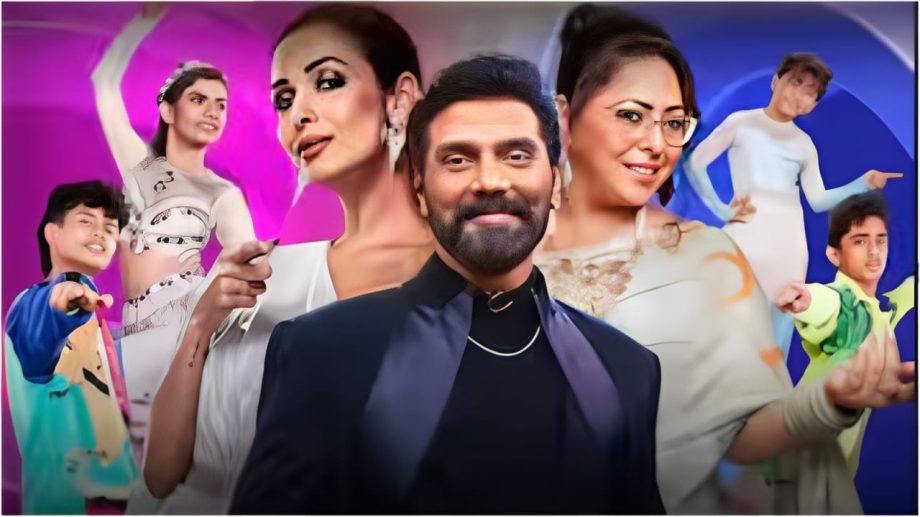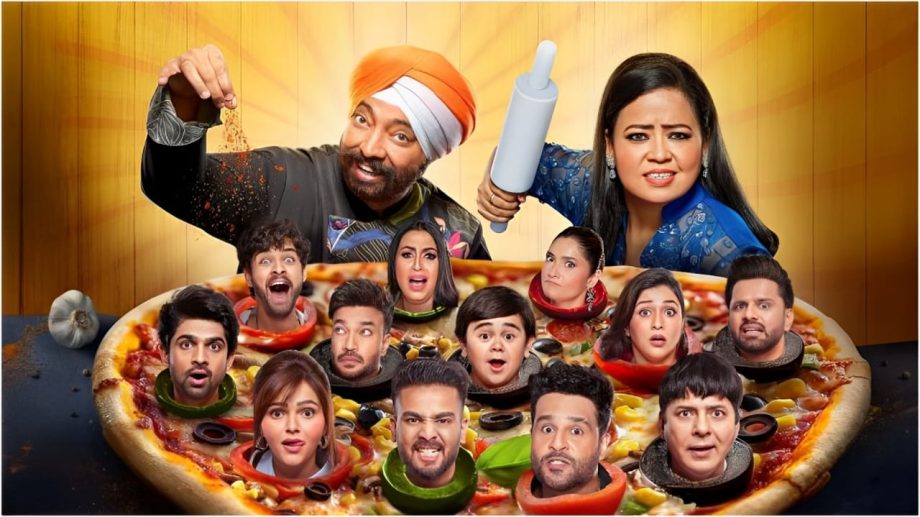“There is no reality in reality TV shows”—a statement as audacious as it is contentious. While I neither endorse this claim unequivocally nor possess the omniscience to validate it, there exist a myriad of instances that lend credence to this assertion or, at the very least, poke fun at its grandiosity. However, this discourse is not about dissecting the authenticity of reality television. That ship has sailed.
The more pressing concern is not whether reality shows are scripted or spontaneous—it is the suffocating sameness that has infiltrated the genre. The formats have become formulaic, the styles stale, and what’s truly unsettling is that the industry seems content with this creative inertia.
Over the past fifteen years, the reality television landscape has largely revolved around a handful of tried-and-tested formats: singing, dancing, dating, adventure, and, to a lesser extent, gaming. At first glance, these umbrella genres provide ample room for innovation and reinvention.
The legacy of longstanding reality shows remains intact, as they enjoy the privilege of resting on their laurels. Even when they deliver subpar seasons, the dent in viewership is seldom significant enough to shake their standing in the industry.

Yet, paradoxically, they have been stretched thin and worn out. The issue is not the abundance of such shows but the lack of fresh perspectives within them. Either we see legacy properties resurrected season after season with minimal evolution in structure and presentation, or we witness newer entrants that fail to carve a distinct niche, suffocated by the sheer oversaturation of the space.
Take, for instance, the scenario over a decade ago—when the audience was already experiencing fatigue from the barrage of singing and dancing competitions. Then came Comedy Nights with Kapil, an unexpected disruptor. With its sketch-comedy format, celebrity anecdotes, and the undeniable charm of Kapil Sharma, it broke the monotony. Audiences finally had an alternative to Indian Idol and Dance India Dance—not because these shows had lost their appeal, but because Comedy Nights brought something refreshingly different to the table.
The legacy of longstanding reality shows remains intact, as they enjoy the privilege of resting on their laurels. Even when they deliver subpar seasons, the dent in viewership is seldom significant enough to shake their standing in the industry.

Reality television thrives on loyalty, but loyalty is a fickle currency. History has consistently favored those who dare to disrupt, yet such risk-takers are becoming increasingly rare. One of the few recent instances of genuine clutter-breaking came in the form of Laughter Chefs—a show that, by its own creators’ admission, was a filler concept but ended up striking an unexpected chord with viewers.
This phenomenon underscores a crucial truth: audiences may continue to engage with the staple reality genres out of habit, but they are perennially in search of novelty. If a show carries the conviction of its creators and possesses the creative chutzpah to stand out, it will resonate.
However, optimism alone cannot negate the reality of the situation. The power of traditional television broadcasting is often underestimated—it continues to penetrate millions of households, reaching diverse demographics. Yet, it is being squandered on reality programming that operates on rinse-and-repeat mechanics. This isn’t merely an artistic letdown; it is a missed opportunity. Every once in a while, a show like Satyamev Jayate or Fear Factor: Khatron Ke Khiladi emerges to disrupt the status quo.

The latter, in particular, benefits from its brevity—arriving like a gust of fresh air before vanishing, leaving viewers wanting more. Meanwhile, the omnipresence of Bigg Boss, which now commands nearly half a year of the entertainment calendar, further monopolizes the space, leaving little room for alternative reality formats to thrive unless they introduce something revolutionary.
One daring concept can set the precedent for a new era of reality television. The question remains: who will take the leap?
The challenge is daunting, but therein lies the potential for an unprecedented payoff. The industry must decide whether it wishes to cater to a niche demographic or strive for mass appeal—because the choice of format will dictate the outcome.

A dating or task-based reality show is unlikely to engage viewers over the age of 40, just as nostalgia-driven celebrity appearances on a singing or dance competition may fail to captivate younger audiences under 25. Some may argue that comedy and adventure are the great unifiers across demographics, and while there is some truth to that, it is far from an absolute rule.
The need for reinvention has never been more urgent. The world is in flux, audiences are evolving, and entertainment must evolve with them. The onus now falls on producers and networks to embrace risk, return to the drawing board, and resist the comfort of the predictable.
Failures will happen—but a single failure in pursuit of innovation is far more valuable than a hundred safe bets that contribute nothing new. One daring concept can set the precedent for a new era of reality television. The question remains: who will take the leap?


